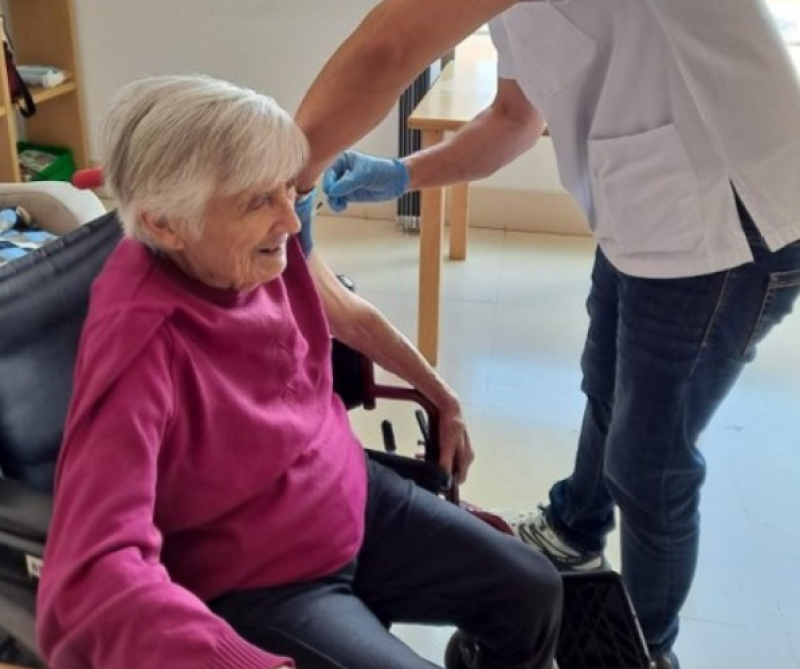article_detail
Date Published: 28/02/2022
ARCHIVED - Spain enters new phase of Covid: close contact quarantine to be scrapped
The new monitoring system will be implemented in Spain once hospital and ICU admissions drop to low risk

As Spain leaves behind the “acute phase” of the coronavirus pandemic, the Public Health Commission has given the green light to a series of measures that mark the country’s entry into a new stage of “surveillance and control” that will come into force once hospital and ICU occupancy reaches low-risk level in more than half of the autonomous communities.
According to experts, the new era will focus on monitoring infections in the most vulnerable over-60s age groups rather than the general population and self-isolation rules will be relaxed as Spain finally begins to live with the virus.
Quarantine
Going forward, the Conference of Alerts wants to give the sequencing of wastewater top priority so that any new variants can be quickly identified and controlled.
“It cannot be assumed that Omicron will be the last variant of concern. During 2022 and the next few years, variants with different characteristics may emerge,” the draft document points out.
On Tuesday March 1, the Public Health Commission is expected to scrap quarantines for close contacts of Covid patients.
For now, people who are infected by coronavirus will continue to maintain a seven-day isolation, but under the new surveillance plan, people with mild or no symptoms will no longer have to comply with “strict isolation”. Instead, they will be asked to take preventative measures for a 10-day period, such as wearing a mask and working from home where possible.
Nursing homes
Extreme vigilance will remain in residences for the elderly and other vulnerable groups, for whom PCR tests will continue to be recommended.
If a nursing home resident tests positive for Covid, they will have to isolate for up to five days after the diagnosis is confirmed. If an older person tests negative but has symptoms, a second PCR will be conducted within 48 hours.
In the case of a staff member testing positive, they must not come to work for up to five days after the diagnosis is confirmed.
Cumulative incidence rate
One of the biggest changes will involve only monitoring the incidence rate in those over 60 rather than the general population. When the new system is implemented, the pandemic will be considered controlled when this 14-day figure among over 60s is lower than 250 cases per 100,000 inhabitants. Anywhere between 500 and 1,500 cases will be average risk; between 1,500 and 2,500 will be high risk and anything over 2,500 cases will be considered very high risk.
See also: How to get a Covid passport and how to book an appointment for a vaccination or booster jab in Spain:
Image: Archive
Loading
Read more about Coronavirus:
OR
Sign up for the Spanish News Today Editors Roundup Weekly Bulletin to get a comprehensive email with all the week’s news for Spain, Murcia, Alicante and Andalucía.
Get a sneak peek – here are a few of our recent Subscription Bulletins:
50% Discount Special Offer subscription:
24.95€ for 48 Editor’s Weekly News Roundup bulletins!
Please CLICK THE BUTTON to subscribe.
Contact Spanish News Today: Editorial 966 260 896 /
Office 968 018 268




























